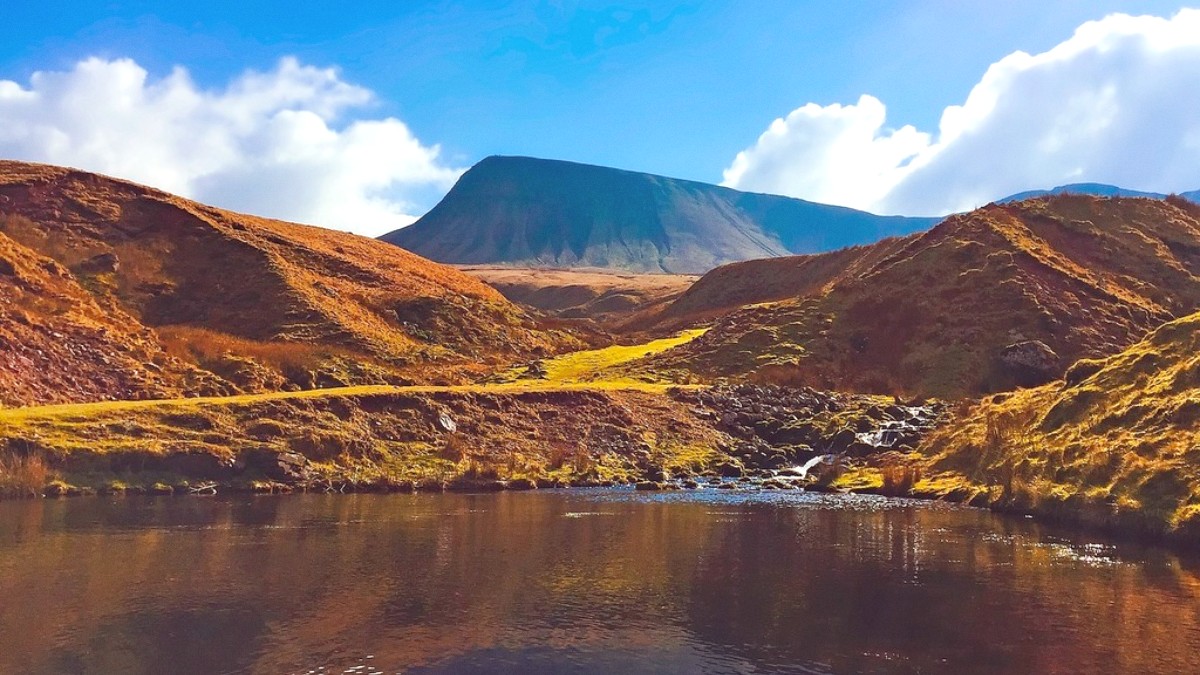
The Southern Highlands, Ecuador
Imagine waking to cool, clear mountain air, the scent of fresh coffee on the breeze, and the distant sound of music. This is Loja, a city known for its friendly spirit and deep traditions. It is a place where every visitor finds something to appreciate, whether it is a quiet park, a lively market, or a winding mountain trail. Discover a city that truly sings.
Loja is positioned in the southern highlands of Ecuador. It rests in a valley, part of the extensive Andes Mountains. As the capital of the Loja Province, the city sits at an elevation of about 2,060 meters (6,760 feet) above sea level. The Zamora River flows nearby, adding to the area's natural charm. To the southeast, Podocarpus National Park borders the city, a sprawling natural escape.
Loja's location makes it a strategic point. It serves as a gateway to the Amazon basin and lies close to the Peruvian border. This position gives it a distinct blend of Andean and Amazonian influences, both in its climate and its culture. The surrounding mountains create a pleasant, consistent climate, often described as an eternal spring. This geographical setting is a varied landscape, from urban centers to cloud forests and high-altitude páramo ecosystems within a short distance.
Founded in 1548 by Captain Alonso de Mercadillo, Loja is a place among Ecuador's oldest cities. It received its name from Loja in Spain, a common practice during the Spanish colonial period. During the colonial era, the city served as an important administrative and religious hub. Its strategic position in the southern region gave it considerable influence over trade routes and regional governance. The architecture in the city center reflects this long history, with colonial-era buildings and churches standing as reminders of its past.
Loja achieved a technological milestone early on. In 1897, Loja became one of the first cities in Ecuador, and indeed in South America, to have electric power, utilizing hydroelectricity. This early adoption of modern technology shows a progressive spirit that has always characterized Loja. This history of innovation and artistic expression gives the city an unique character, setting it apart from other Ecuadorian urban centers. Exploring Loja means walking through centuries of history, from its colonial founding to its modern-day cultural vibrancy.
Loja is widely known for its rich tradition of music and arts.
The city has produced many prominent musicians, composers, and singers throughout its history.
Music is woven into the fabric of daily life here, heard in public parks and cultural events.
This musical heritage is a source of great pride for the people of Loja.
The city's commitment to arts makes it a cultural hub.
The valley itself is productive, supporting agriculture and coffee cultivation. From the city's higher points, views stretch across the valley, showing the patchwork of fields and the distinct architecture of Loja. The proximity to the Amazon lowlands means that within a few hours, the climate and scenery can change dramatically, from temperate highlands to humid rainforest.
The city's layout within the valley is relatively compact, making its core areas easy to explore on foot. Rivers like the Zamora and Malacatos flow through or near the city, providing pleasant riverside promenades and green spaces that locals enjoy.
This geographical diversity delivers many exploration opportunities for travelers, from mountain hikes to jungle excursions.
This history of innovation and artistic expression gives the city an unique character, setting it apart from other Ecuadorian urban centers. Exploring Loja means walking through centuries of history, from its colonial founding to its modern-day cultural vibrancy.
Loja is a city celebrated for its cultural heritage, strong musical tradition, and close proximity to diverse natural environments. It presents visitors with a rich combination of old architecture, lively city life, and access to important natural attractions. Among these attractions are the vast Podocarpus National Park and the serene Vilcabamba Valley. The city serves as a regional center for education, with several universities contributing to its intellectual atmosphere. Agriculture also forms a cornerstone of its economy, with a particular reputation for high-quality coffee production. This climate supports outdoor activities year-round and sustains the lush green landscapes surrounding the city.
The city's commitment to the arts is evident in its numerous cultural institutions and the biennial Loja International Arts Festival, which draws artists and visitors from around the globe. This event transforms the city into a stage, demonstrating a wide range of artistic expressions. Beyond its urban core, Loja provides easy access to distinct natural areas. Podocarpus National Park, a megadiverse region, delivers opportunities for hiking and birdwatching in cloud forests and páramo. The Vilcabamba Valley, often called the "Valley of Longevity," invites relaxation and outdoor exploration in a tranquil setting. Loja presents a balanced experience: the charm of a historic city, the energy of a cultural hub, and the peace of the Andean landscape. It is a destination that appeals to those seeking both cultural immersion and natural adventure.
A megadiverse region for hiking and birdwatching.
Known as the "Valley of Longevity," for relaxation and exploration.
Several universities contribute to Loja's intellectual atmosphere.
Loja's commitment to the arts shows in its many cultural institutions and the biennial Loja International Arts Festival, which attracts artists and visitors globally.
Loja serves as a regional center for education, with several universities.
Agriculture forms a cornerstone of Loja's economy.
The region is a reputation for high-quality coffee production.
Loja serves as an important regional center for commerce and services in southern Ecuador.
Its position makes it a natural gateway to the Amazon basin, influencing trade and culture.
Near the Peruvian border, it holds significance for cross-border interactions and trade.